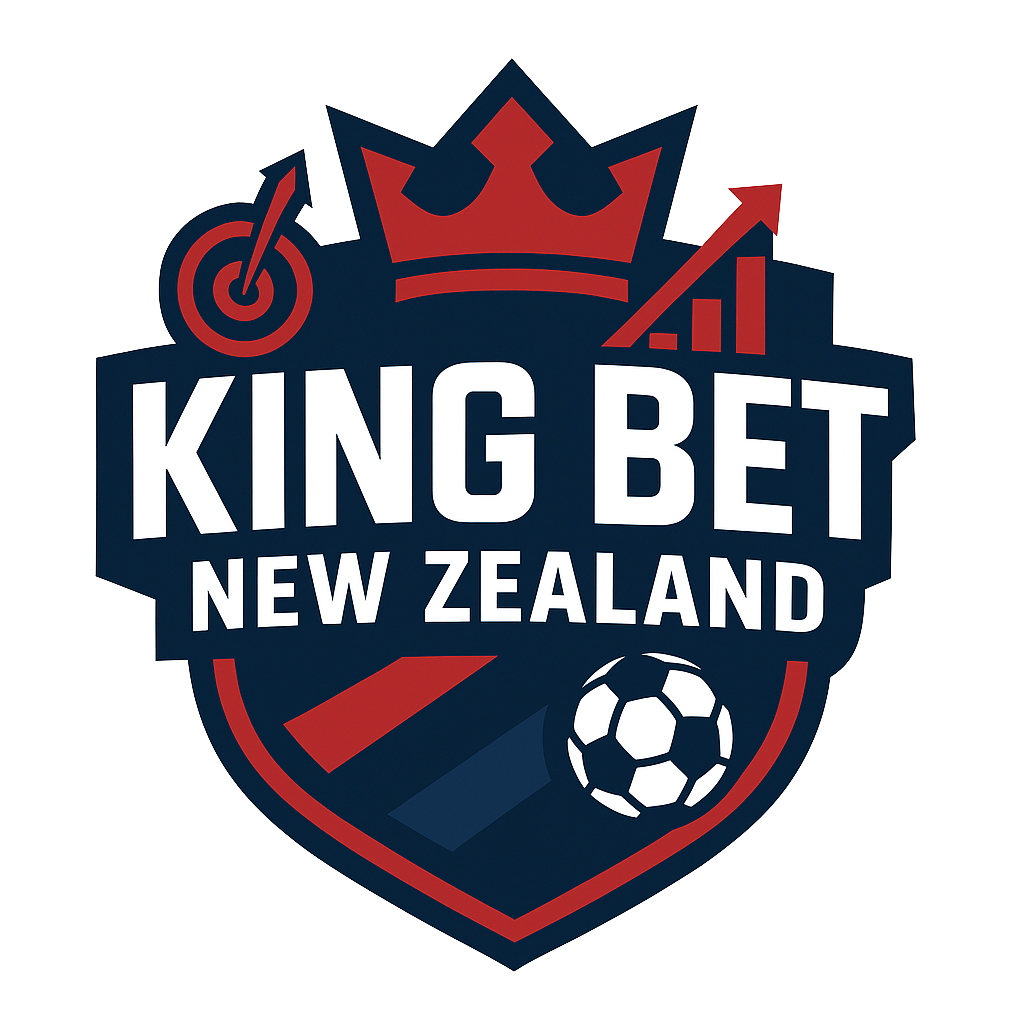The FIBA World Cup stands as basketball’s premier international tournament, bringing together the world’s elite national teams in a spectacular showcase of talent and competitive spirit. This prestigious competition, sanctioned by the International Basketball Federation, represents the pinnacle of international basketball achievement, where powerhouse nations battle for global supremacy.
As the competition intensifies on our sports betting platform, seasoned analysts and tipsters focus on delivering data-driven predictions based on comprehensive team analysis, head-to-head statistics, and historical tournament performance. The diverse betting markets, ranging from match winners to point totals and player props, offer astute bettors numerous opportunities to capitalize on their basketball knowledge and secure valuable odds throughout the tournament.
The best sites to predict on FIBA World Cup:

- Live Streaming: Watch Sports While Betting Anywhere
- Competitive Odds Boost Your Winning Potential
- User-Friendly Mobile App For Instant Betting

- Secure Live Streaming: Watch While You Bet
- Extensive Sports Coverage: Something For Everyone
- User-Friendly Mobile App: Bet Anytime, Anywhere

- Live Streaming: Watch While You Bet! – combines live streaming and betting capabilities in an engaging way.
- Massive Sports Selection: From Rugby to eSports – emphasizes the diverse range of betting options.
- Cash Out Feature: Control Your Betting Destiny – highlights the flexibility and control offered to users.

- Instant Live Streaming: Watch While You Bet
- Comprehensive Mobile App for Anytime Betting
- Exclusive VIP Rewards and Special Perks

- Extensive Live Streaming for Real-Time Action Thrills
- User-Friendly Mobile App for Seamless Betting
- Innovative Cash Out Feature Maximizes Profits

- Generous Welcome Bonuses Boost Your Betting Start
- Live Streaming Makes Betting More Thrilling
- Quick, User-Friendly App for Instant Betting

- Award-winning mobile app for on-the-go betting
- Generous welcome bonuses and VIP rewards
- Extensive live streaming with real-time betting

- Trusted Since 1934: Legacy of Excellence Continues
- Massive Sports Selection with Live Streaming Access
- Instant Mobile Betting with Cashout Feature

- Exclusive Bet Boost Feature Maximizes Winning Potential
- User-Friendly Mobile App For Instant Betting
- Multi-Builder Tool Creates Perfect Betting Combinations

- 135+ Years of Trusted Betting Excellence
- Live Streaming for Ultimate Gaming Experience
- Personalized Betting with Innovative Bet Builder
FIBA World Cup statistical decoding through team behavioral patterns
The FIBA World Cup represents a focal point of analysis where team behavioral patterns merge with statistical depth. Basketball specialists from New Zealand examine this global tournament’s numerical foundations through systematic data collection across team performances, defensive structures, and scoring distributions. The quantitative examination of past World Cup tournaments reveals specific playing styles, defensive alignments, and shooting success rates that shape match outcomes.
New Zealand analysts draw insights from these basketball metrics to understand the tactical approaches displayed by national teams in this premier competition. The methodical tracking of player movements, ball possession sequences, and defensive formations produces tangible data points that feed into comprehensive analytical models. This systematic breakdown helps New Zealand basketball followers grasp the technical nuances that characterize elite international basketball at the FIBA World Cup level.
Predictions on other competitions
- Prediction on New Zealand’s national basketball league
- Prediction on Super Rugby Pacific
- Prediction on the Rugby World Cup
- Prediction on The Ford Trophy
- Prediction on the ICC Cricket World Cup
FIBA World Cup Prediction Tools: Performance Tracking, Analysis Systems, and Smart Resources for New Zealand Bettors
For New Zealand sports enthusiasts looking to enhance their FIBA World Cup betting experience, an extensive array of prediction tools and resources has emerged to support informed decision-making in international basketball wagering. The comprehensive ecosystem of analytical instruments starts with sophisticated Performance Tracking Dashboards, allowing Kiwi bettors to monitor team dynamics across different FIBA tournaments and global competitions with precision.
These dashboards, fully accessible from New Zealand, integrate seamlessly with Rating and Scoring Systems that evaluate team strengths, player efficiency, and head-to-head statistics, providing crucial insights for FIBA World Cup prediction tools. The addition of Smart Alerts and Notifications systems has revolutionized how New Zealand bettors stay updated with crucial pre-game information, team updates, and shifting odds across multiple bookmakers.
These resources for FIBA World Cup are particularly valuable when analyzing teams from diverse basketball powerhouses competing in international tournaments. The tools offer comprehensive coverage of all participating nations, while being specifically optimized for the New Zealand betting market, featuring local odds formats and timezone-adjusted alerts.
Advanced users can leverage these applications to create custom analytical models, combining historical data with current performance metrics to generate more accurate predictions for FIBA World Cup matches, all while maintaining compliance with local New Zealand betting regulations.
FIBA World Cup Predictions Through Historical Patterns
The growth of FIBA World Cup basketball from its foundation to modern international standards traces a rich path through statistical depth and competitive development. Understanding the historical dynamics supports more informed FIBA World Cup predictions, as patterns emerge from decades of tournament data. Initially structured as a modest gathering, the competition transformed through expanding participation and refined qualification processes. The statistical heritage documents the transition from regional dominance to global competitiveness, with performance metrics tracking scoring trends, defensive strategies, and team efficiency ratings across different periods.
This technical evolution parallels the sport’s wider reach, marked by strategic adjustments and tactical progression. New statistical analysis tools now process historical match data to identify recurring competitive elements, while digital platforms make this analytical wealth accessible for prediction research. The tournament’s documented past reveals key performance indicators that shaped results across different basketball generations. From scoring averages to defensive coefficients, these long-term patterns provide context for contemporary match analysis.
The integration of data analytics with traditional scouting has deepened prediction capabilities, as historical precedents inform current forecasting models. This multi-layered examination of past tournaments, competition structures, and statistical trends establishes a foundation for understanding modern FIBA World Cup dynamics.
FIBA World Cup Prediction: International Rankings and Qualification Impact
The FIBA World Cup prediction landscape intertwines with the complex matrix of international rankings and qualification pathways, presenting distinctive opportunities for New Zealand basketball. The tournament’s point system directly affects national team standings, with each victory contributing to a country’s global basketball coefficient. Teams accumulate ranking points based on their performances against differently rated opponents, making statistical analysis vital for understanding potential tournament trajectories.
New Zealand’s position in the Asia-Pacific region adds specific weight to their FIBA World Cup stakes, as results influence future qualification scenarios for major competitions. The qualification framework operates through a merit-based system where teams earn their positions through consistent displays across multiple competitions. This interconnected structure means that current tournament outcomes shape future competitive opportunities, affecting seeding positions in subsequent FIBA events.
Teams must navigate this intricate system while maintaining their competitive edge, with results determining their placement in qualification rounds for upcoming championships. The ranking implications extend beyond immediate tournament success, creating a ripple effect that impacts team scheduling, competition access, and developmental pathways. This systematic approach to international basketball organization ensures that understanding FIBA World Cup objectives requires comprehensive knowledge of both immediate and long-term competitive implications.
